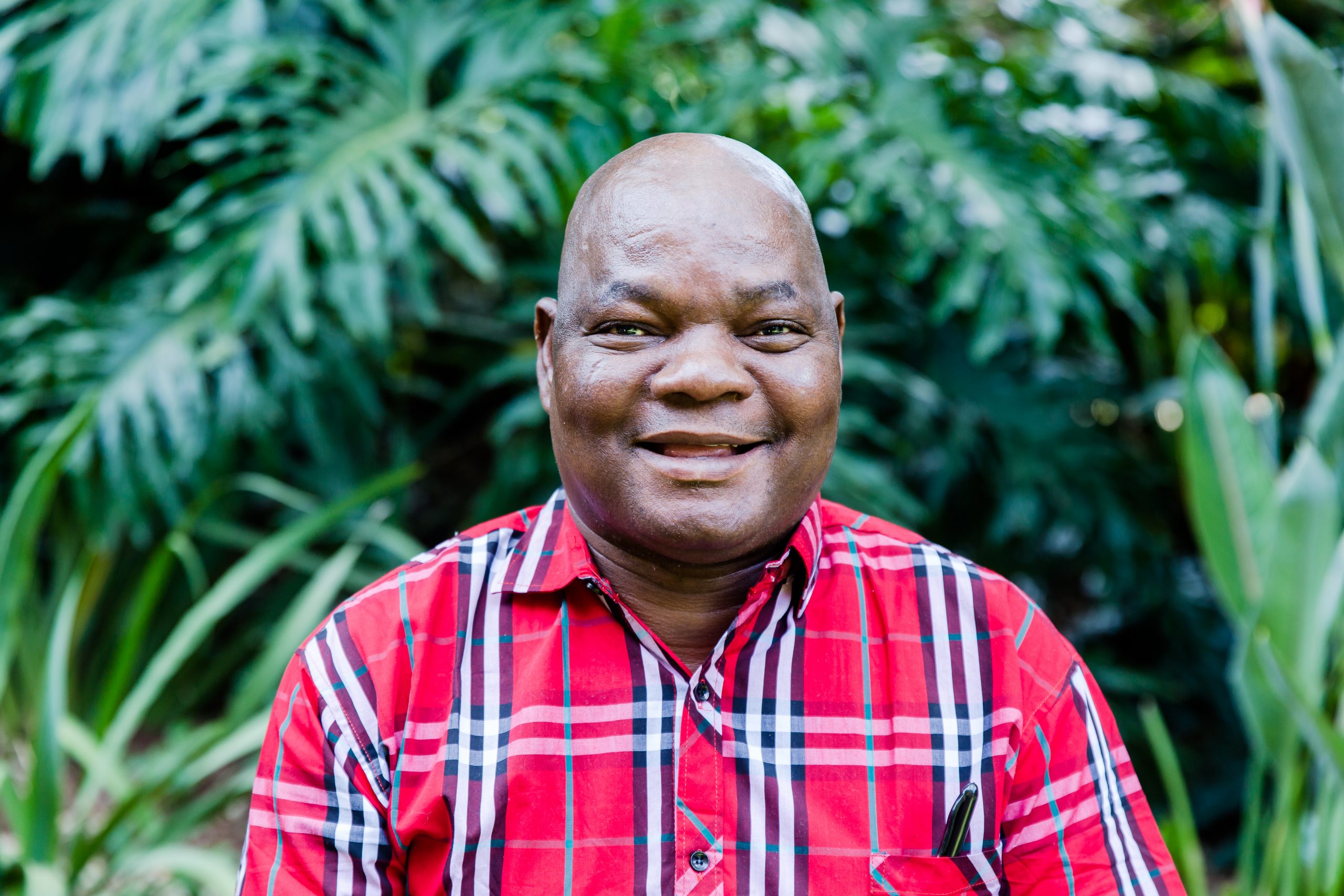BY: John Lazame Tindanbil —
The COVID-19 pandemic is setting back important progress on women’s health across Africa. There are many reasons for this, including lockdown restrictions which are keeping women at home, concerns about catching the virus, and the closure of women’s health services. These problems are not simple ones, but they to be acknowledged and addressed.
In my own country, Ghana, where my organization runs safe abortion and family planning services in the north of the country, we saw a sharp drop in the number of women accessing our services from April to August 2020, compared to the same period last year. Cervical cancer screening has also been suspended or postponed, because nurses and midwives are worried about keeping safe during screening. I have heard this directly from those I work with. Indeed, across Africa, the majority of health workers are women, putting them at extra risk of Covid-19. On the other hand, women are also worried about the risk of infection if they access screening and other services, especially when they do not have a mask.
In many areas, Covid-19 has reduced the provision of vital services for women. Downturns are reported in the numbers of women seeking antenatal and postnatal services – care before and after childbirth – while public health education and outreach programmes have been restricted because of limits on public gatherings and meetings.

